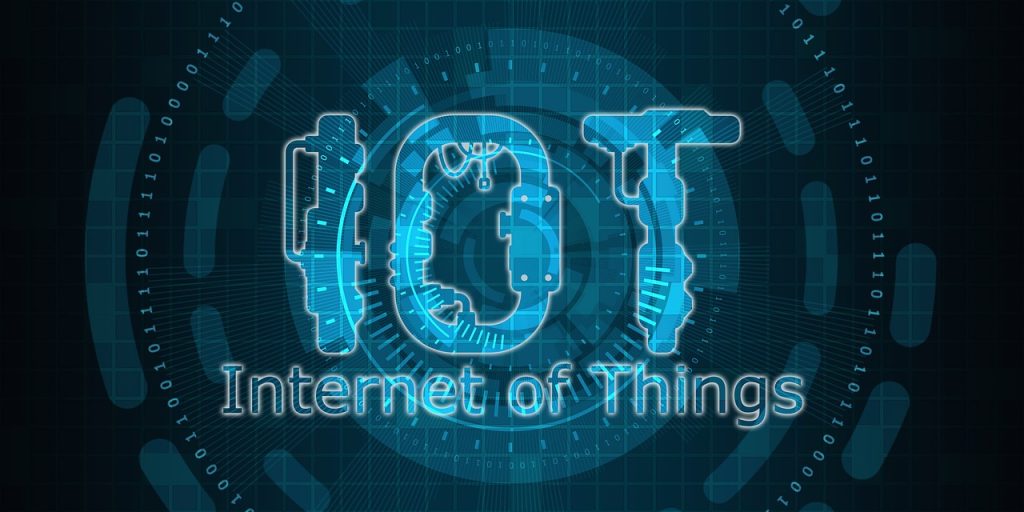EU’s Cyber Resilience Act To Tighten Rules For IoT Devices

Today, the EU is set to announce stricter cybersecurity rules for smart IoT devices as part of the Cyber Resilience Act. The document includes heavy fines for software developers and makers who fail to abide by the new regulation.
Companies Must Obtain License To Operate
Documents about the act reveal that firms must obtain a license to operate. This license shows they are following the act’s cyber safety instructions.
Meanwhile, the full details are not yet available. However, cybersecurity experts revealed that the act and the UK’s PSTI (Product Security and Telecommunications Infrastructure) would help to safeguard users in cyberspace.
Moreover, the Cyber act came into existence last October. Since then, lawmakers have been working on the regulation. Earlier in March, the EC (European Commission) unveiled a public consultation for the initiative.
During that period, individuals submitted over 109 pieces of evidence till the consultation closed in May. The latest cybersecurity act will go into law in 2024.
Reuters and the Financial Times reveal the act will force developers of IoT devices to inform consumers and authorities about potential attacks. Also, they are to ensure they have quick fixes for these attacks.
Additionally, the EC can penalize firms that do not comply with about €15m or about 2.5% of their last year’s global return. Simultaneously, the EU will have the power to ban and recall products that do not abide by the act.
Tech Experts Cite Issues With The Cybersecurity Act
The Financial Times also reported a study that is part of the document. The study revealed that only half of IoT firms (370,000 software producers and 23,000 hardware producers) have protection against cyberattacks.
In addition, two-thirds of attacks came from initial breaches the developers reused to fix. Hence, over 5.5trn was lost in 2021 due to attacks on IoT devices.
According to Reuters, European nations can add more information or recommendations after today’s announcement. Many hope the rule will reduce the incidence of Cyber-attacks on firms and save over €290bn each year.
Unfortunately, according to Tech Monitor, Ross Brewer, the VP of EMEA, said the new EU cybersecurity act will face some issues. He also stated that the union is still dealing with the same problems troubling the cybersecurity sector.
As stated by Brewer, most EU regulations take a long time to develop. Also, after policymakers reveal the legislation, they become watered down.
The laws became easy to meet up with. Consequently, new problems arose that the law did not make provision for.
In addition, he cautions that authorities would need to consider the expense of implementing the legislation all over the EU and to a wide variety of services and products. The VP said a large part of the cost would be “transferred on to corporations and ultimately to consumers, leading to increased inflation.




